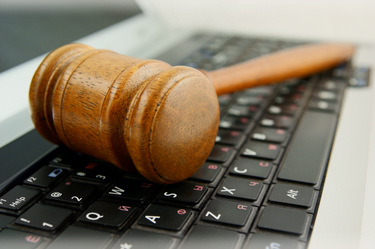
Donald Trump has won a cybersquatting lawsuit against a man who developed four parody websites using his name. The sites published anonymous “commentary, often disparaging, on Trump and his television shows,” according to CNN.
Such practices have proliferated on the Internet for years. Facebook, Twitter and other social media platforms are also used for cybersquatting. Celebrities and other public figures are a common focus of such sites. So are CEOs and other high-profile executives.
Many “domainers,” as the instigators are known, purchase unsecured domain names with the intent of charging high fees to sell them back to their victims. Creating parody sites can be a ploy to force them to do so faster. Victims often feel they have little recourse over the situation or don’t want to take legal action that would attract publicity.
Trump’s attorneys used the Anticybersquatting Consumer Protection Act as the basis of their suit, which was filed in March 2013. (The sites were created in 2007.) The law permits damages of up to $100,000 for each unauthorized domain. In this instance, the court ruled that the domainer must pay $32,000 in damages.
This Harvard Law link summarizes the law. Wikipedia provides an in-depth overview.


